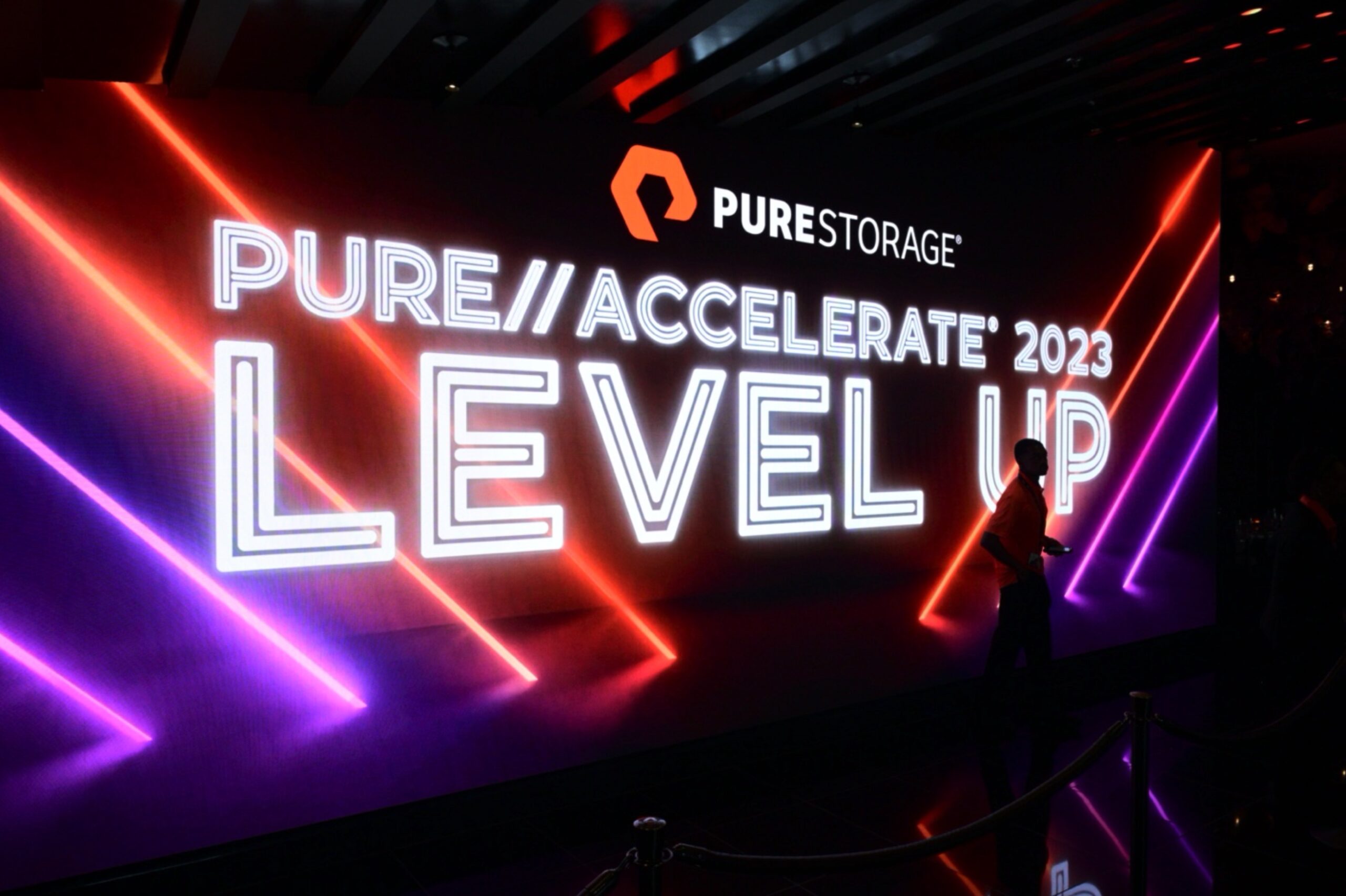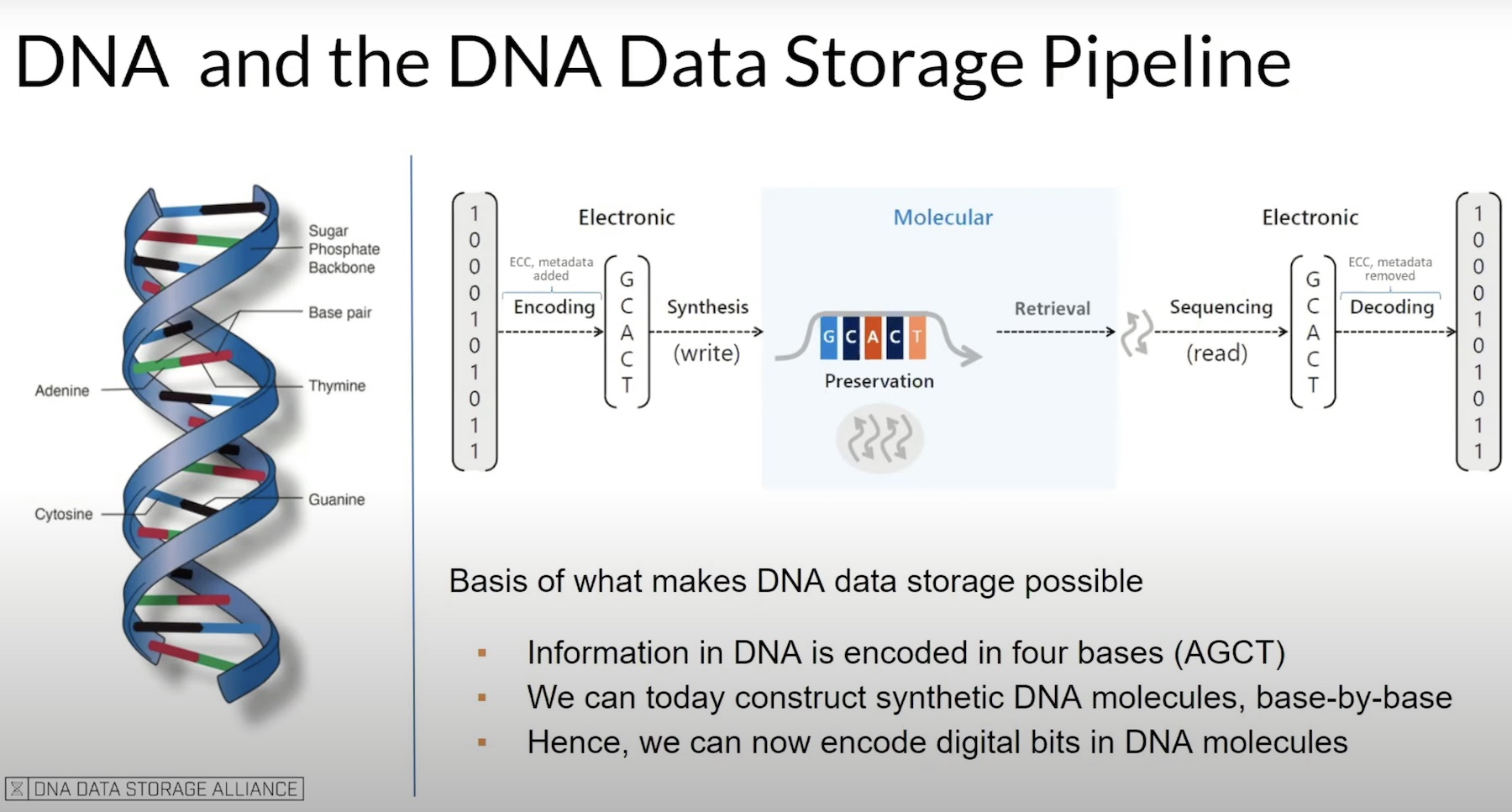Overland Storage is showing intriguing signs of life. Once relegated to OEM tape library duty, Overland received an injection of cash and (more importantly) talent this year. Now the company is stepping up the technology behind their SnapServer NAS array by acquiring scale-out file storage company, MaxiScale. They intend to bring the scalable capacity and performance normally associated with enterprise and high-performance computing systems to the mass market.
Overland In A Snap
Snap Appliance and Overland Storage are familiar names in the enterprise storage space, but the two companies have had a convoluted history. Snap was born in 1998 as a product of Meridian Data and acquired by backup giant Quantum one year later for about $85 million. Although successful, the Snap NAS products were not at home among Quantum’s tape-heavy product lines. The division was re-purchased in 2002 as Snap Appliance by private investors, led by current CEO Eric Kelly, for just $11 million. Two years later Snap was again absorbed by a familiar storage name: This time $100 million brought it into Adaptec.
Quantum competitor Overland Storage re-purchased Snap from Adaptec in 2008 for just $3.6 million and brought Kelly back as CEO in 2009. Kelly brought back former Snap (and Data Robotics) marketing guru Jillian Mansolf this year, and they were soon joined by Dr. Geoff Barrall, founder of Data Robotics and BlueArc. Although a public company, Overland (NASDAQ:OVRL) also raised an additional $12 million in private equity financing, an unknown amount of which went to purchase MaxiScale.
You may also want to read The Rebirth of Overland Storage
This brings us to today, with Overland Storage on the rise, with strong OEM and channel sales in tape and disk storage devices. Overland’s product lines include the NEO tape libraries, REO virtual tape devices, SnapSAN block arrays and various SnapServer unified and NAS systems.
The highlight of Overland’s storage offerings is the SnapServer N2000, a unified iSCSI and NAS array solidly placed in the entry- to mid-market. Like many competitors, Overland relies on a single- or dual-controller storage “head” based on industry-standard CPU technology and scales with additional disk “shelves”. Unusually, Overland’s N2000 line currently relies on a single SAS connection daisy-chained to its E2000 expansion units. One hopes dual connections and faster connectivity are coming soon.
MaxiScale: Scale-Out NAS
Venture-funded startup MaxiScale developed a scale-out NAS capability, allowing multiple NAS servers to be consolidated into a unified namespace without the usual bottlenecks of clustered solutions. The company headed for the cloud storage market, boasting massive scalability and management benefits.
MaxiScale’s technology differentiator was in their rejection of conventional clustering and scale-out approaches. Many scale-out solutions rely on shared-nothing coordinated nodes, but it is often difficult to scale and manage these solutions. This has caused much effort to build cluster coordination through metadata, exemplified by SAN filesystems (including EMC’s MPFS and Quantum’s StorNext) as well as clustered NAS solutions like pNFS.

This MaxiScale illustration shows their distribution of metadata and content as well as their unified namespace
MaxiScale’s “FLEX” technology takes an entirely different approach. It distributes “peer sets” of data across multiple nodes like pNFS but also distributes metadata rather than relying on a single central node. Combining this with a unified namespace, MaxiScale claims to scale to thousands of nodes with linear performance. The company had targeted cloud service providers interested in massive scale using commodity hardware.
Overland + MaxiScale = SnapScale?
Overland appears to be bringing MaxiScale back down to earth, leveraging their technology to combine a set of in-datacenter SnapServers into a unified, high-performance cluster. Although a number of other companies claim scale-out capabilities (Isilon and HP X9000 spring to mind), this is a unique capability in the SMB and midrange NAS market, and Overland will surely make hay as a low-priced alternative.
The company could quickly implement MaxiScale’s software on their existing industry-standard hardware and push a line of “SnapScale” appliances. But things will get more interesting once they begin integrating the technology into their GuardianOS software. Imagine a scale-out solution that enables a company to grow from a single sub-$10,000 NAS to a vast cluster of thousands of nodes with linear performance gains. Even being able to add a half-dozen NAS heads would be a welcome alternative to Dell, HP, and NetApp offerings. In the longer term, Overland could use this technology to break from the head-and-expansion architecture they currently employ, shifting to a cloud-like distributed architecture.
Stephen’s Stance
Overland is making all the right moves. Eric Kelly should be commended for taking bold action to re-energize the company with an infusion of money, talent, and technology. The MaxiScale technology is impressive, and adding it to Snap for a mid-market offering is potentially game-changing.
There are lots of SMB and midrange NAS systems, and most are fairly similar in terms of technology. Overland fell in that group as well until now, but the addition of MaxiScale is a real differentiator for the company. Mansolf and Barrall have proven that they can take out-of-the-ordinary technology and market it to the masses, and this acquisition gives Overland another chance to execute. I will be watching their progress with great interest!
© sfoskett for Stephen Foskett, Pack Rat, 2010. |
Overland Snaps Up MaxiScale to Scale Up Snap
This post was categorized as Computer history, Enterprise storage, Gestalt IT. Each of my categories has its own feed if you’d like to filter out or focus on posts like this.





